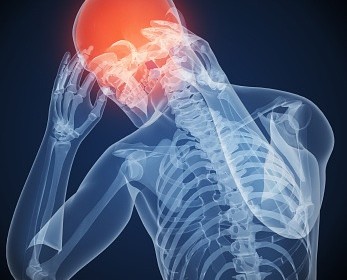6S

In critically ill adults with severe sepsis, does 6% hydroxyethyl starch (HES) compared to Ringer’s acetate reduce the incidence of death or end stage kidney failure?
Continue reading »A compendium of critical appraisals in Intensive Care Medicine research and related specialties

These are summaries of trials published in the early part of this decade.

In critically ill adults with severe sepsis, does 6% hydroxyethyl starch (HES) compared to Ringer’s acetate reduce the incidence of death or end stage kidney failure?
Continue reading »
In patients with septic shock who are treated with corticosteroids, does tight glycaemic control (4.44–6.1 mmol/l) compared with less-tight glycaemic control (<8.3 mmol/l) reduce in-hospital mortality?
Continue reading »
In mechanically ventilated patients with subarachnoid hemorrhage (SAH), does the distensibility of IVC on ultrasound, predict fluid responsiveness measured by thermodilution?
Continue reading »
Are there specific ECG characteristics that can differentiate between anterior ST-elevation myocardial infarction (STEMI) and early repolarisation?
Continue reading »
In patients who are mechanically ventilated, does the tidal volumes or compliance, affect the performance of pulse pressure variation to predict volume responsiveness? In addition, in patients with ARDS can a passive leg raise test or end-expiratory occlusion test predict fluid responsiveness?
Continue reading »
In adult patients with suspected bacterial infections, does procalcitonin-guided antibiotic care compared to usual care reduce patient exposure to antibiotics without increasing mortality?
Continue reading »
In patients with aneurysmal subarachnoid haemorrhage does induced hypermagnesaemia reduce the incidence of cerebral artery vasospasm?
Continue reading »
Do patients admitted to English NHS hospitals on weekend days, compared to those admitted during week days, have an increased 30-day mortality?
Continue reading »
Intra-aortic balloon counterpulsation in acute myocardial infarction complicated by cardiogenic shock (IABP-SHOCK II): final 12 month results of a randomised, open-label trial IABP-SHOCK II Trial Investigators.NEJM;2012,367(14)1287-96, DOI: 10.1056/NEJMoa1208410 Clinical Question In patients with acute MI and cardiogenic shock, does intraaortic balloon counterpulsation (IABP) vs. medical therapy alone improve mortality? Design Randomised controlled trial Randomisation performed centrally via internet based program […]
Continue reading »In patients with severe traumatic brain injury does monitoring intracranial pressure improve mortality and improve neurological function?
Continue reading »